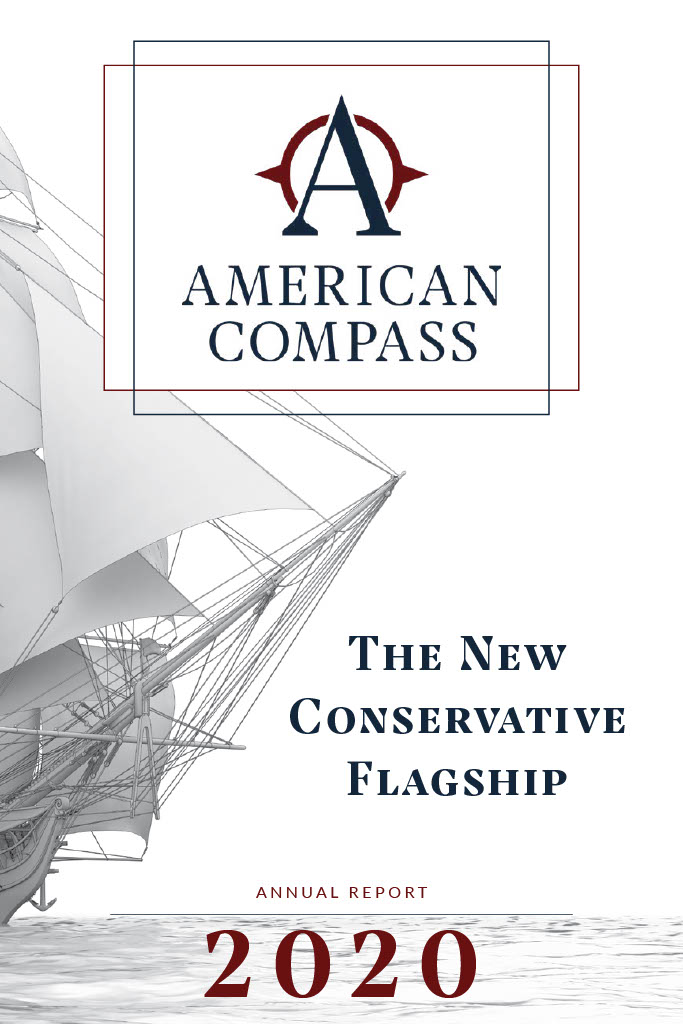
RECOMMENDED READING
For my inaugural post here on The Commons, I want to offer a few thoughts on how one of the pillars of the American Compass mission, community, has too often been a blind spot in the prevailing view of the economy.
First, a confession: I’m probably the closest thing to a cheerleader for free markets you’ll find on this site. But those who believe, as I do, that market capitalism has been a profound force for good have generally not done enough to address the limits of aggregate economic growth in lifting vulnerable people and places throughout the country. This is clear when one considers regional and community-based divides in the United States, which have grown steadily over the course of the 21st century.
Yesterday, the Economic Innovation Group released a new project on neighborhood-level poverty going back to 1980, which examines how high-poverty metropolitan communities have evolved over time and investigates how often such areas experience an economic turnaround. The results are sobering, and underscore the need for a policy agenda designed to empower more of the country to participate in, and benefit from, a vibrant national economy.
As a general rule, high-poverty neighborhoods tend to stay poor over time, and their ranks have swelled in spite of decades of national economic growth and prosperity. Across the metropolitan United States, the number of neighborhoods with a poverty rate of 30 percent or higher nearly doubled between 1980 and 2018. Four decades ago, more of America’s poor lived in very low-poverty neighborhoods than high-poverty ones. Now the opposite is true, as poor Americans have become increasingly concentrated in economically distressed areas. Such areas rarely see a dramatic turnaround. Only 14 percent of high-poverty neighborhoods in 1980 went on to achieve a poverty rate of 20 percent or lower by 2018. For all the attention given to the outliers in places like New York City and Washington, DC, one could visit nearly half of the 100 largest U.S. cities and never find oneself in a “turnaround” neighborhood.
Why does all of this matter? As my colleagues Kenan Fikri and August Benzow write in the report, “[h]igh-poverty neighborhoods are a unique force in perpetuating poverty from one generation to the next, erecting barriers to economic opportunity for poor and non-poor residents alike.” Neighborhoods have a causal effect on a child’s upward mobility, and ones with high poverty rates tend to suffer from an array of other socioeconomic challenges, including significantly reduced life expectancy, lower educational attainment, and higher levels of unemployment. One might presume extended economic expansions to be effective in reducing the number of high-poverty neighborhoods, but the last time that was even modestly true was during the economic boom of the 1990s. The new century has, unfortunately, been a period of deep disconnect between national growth and local well-being for America’s most vulnerable communities.
Strong national growth must always be a foundational goal. But should we be content with an economy that juxtaposes sustained aggregate growth with the continued proliferation of deeply distressed communities? For too long, the collective answer to this question has, in practice, been “yes.” This must change. And change will require a new movement of policymakers, economists, and institutional leaders willing to put place alongside growth at the center of the national agenda.
Recommended Reading
2020 Annual Report
In its first year, American Compass is already recognized as the flagship for a healthier and more responsive post-Trump conservative movement, underscoring not only the void’s size and importance but our effectiveness in filling it.
Marco Rubio Gets It. Our Economic Addiction to China Is a National Security Threat.
Henry Olsen discusses Sen. Rubio’s remarks at American Compass’s inaugural Henry Clay Lecture in Political Economy.
Podcast: The Return of Conservative Economics
American Compass’s Oren Cass and Wells King join the Bill Walton Show to discuss Rebooting the American System.











